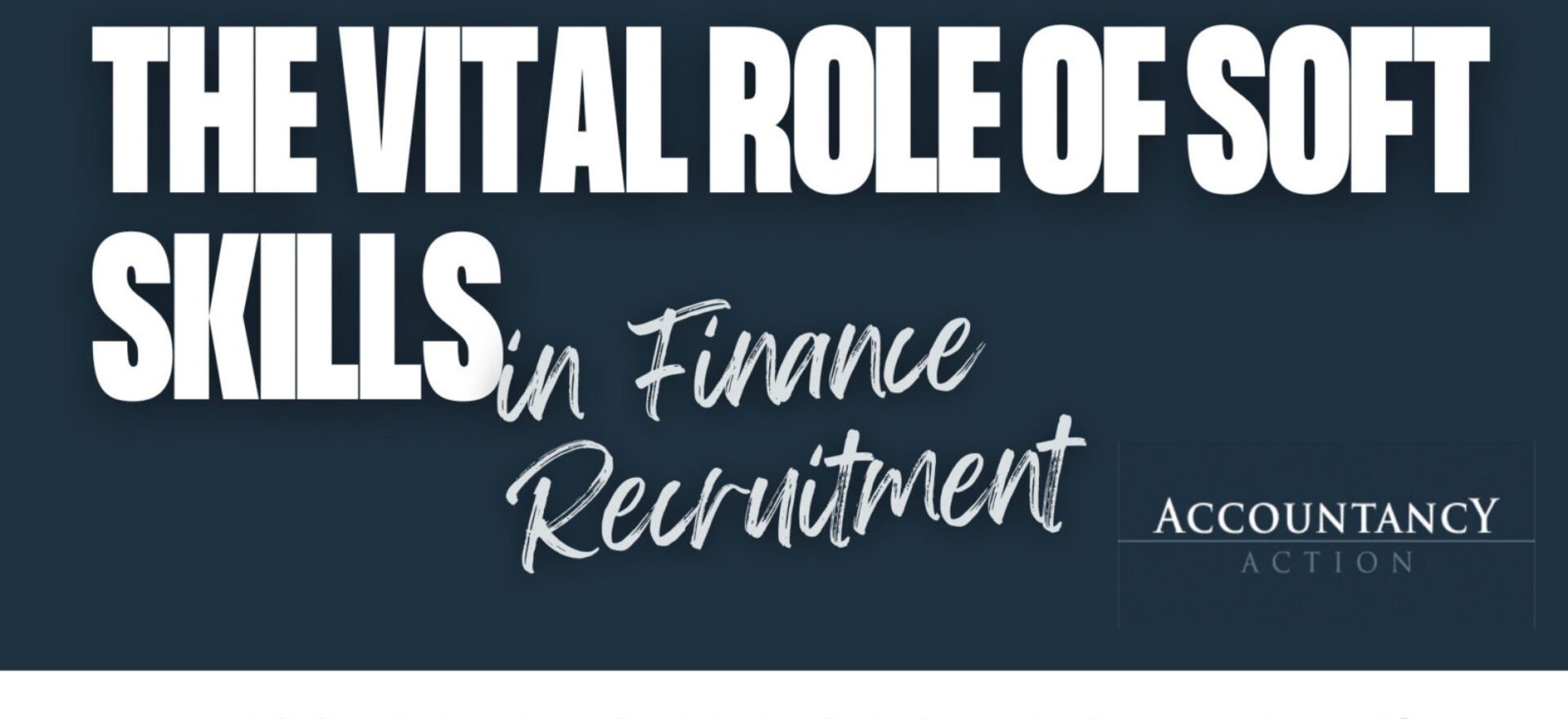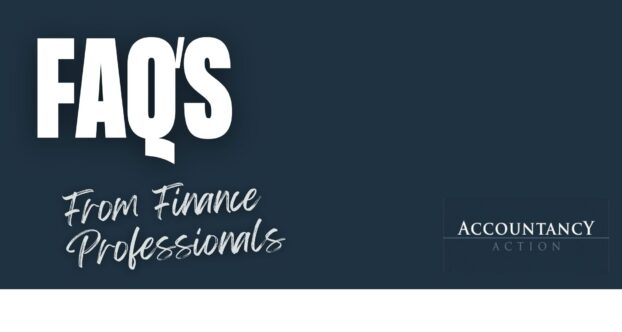Within the finance world, the spotlight often shines brightly on technical competencies and qualifications. However, beneath the surface lies a critical component that is equally—if not more—essential for success: soft skills. These intangible qualities, including communication, leadership, and adaptability, play a pivotal role in driving performance and fostering collaboration within finance teams.
Understanding the Importance of Soft Skills in Finance
While technical proficiency undoubtedly lays the groundwork for success in finance, it’s the soft skills that elevate professionals from good to exceptional. Here’s why:
- Communication: In finance, the ability to convey complex concepts clearly and concisely is paramount. Whether it’s presenting financial data to stakeholders, collaborating with cross-functional teams, or providing strategic insights to senior management, effective communication fosters understanding, alignment, and trust.
- Leadership: Finance professionals are often tasked with leading projects, teams, or initiatives. Strong leadership skills empower individuals to inspire and motivate their colleagues, drive innovation, and navigate challenges with resilience and confidence.
- Adaptability: In today’s rapidly evolving financial landscape, adaptability is non-negotiable. Finance professionals must demonstrate the agility to embrace change, pivot strategies in response to market shifts, and quickly acclimate to new technologies and methodologies.
For candidates – How to make your soft skills stand out in an interview
- Prepare Relevant Examples: Before the interview, identify key soft skills such as communication, leadership, and adaptability, and prepare specific examples from your professional experience that demonstrate these skills in action. Think about challenging situations you’ve encountered, how you approached them, and the outcomes achieved through your soft skills.
- Tailor Your Responses: When asked behavioral interview questions, tailor your responses to highlight soft skills that are particularly relevant to finance roles. For example, emphasise your ability to communicate complex financial concepts to diverse stakeholders, lead cross-functional teams in high-pressure situations, or adapt to rapidly changing market conditions.
- Quantify Your Achievements: Whenever possible, quantify the impact of your soft skills by providing tangible results or metrics. For instance, if you led a successful project, mention how your effective leadership skills contributed to achieving specific financial targets or improving team performance.
- Showcase Your Interpersonal Skills: During the interview, focus on building rapport with the interviewer by actively listening, asking thoughtful questions, and demonstrating empathy and professionalism. These interpersonal skills are essential in finance roles, especially when collaborating with colleagues, clients, and senior management.
For the Hiring team – Don’t forget to prioritise a persons soft skills as much as their technical
While technical competencies will get candidates through the door, it’s their soft skills that will ultimately drive long-term success and contribute to a positive culture. As a hiring manager, prioritising soft skills in the hiring process is key to identifying candidates who not only possess the technical acumen required for the role but also exhibit the interpersonal qualities necessary for thriving in a collaborative and dynamic environment.







